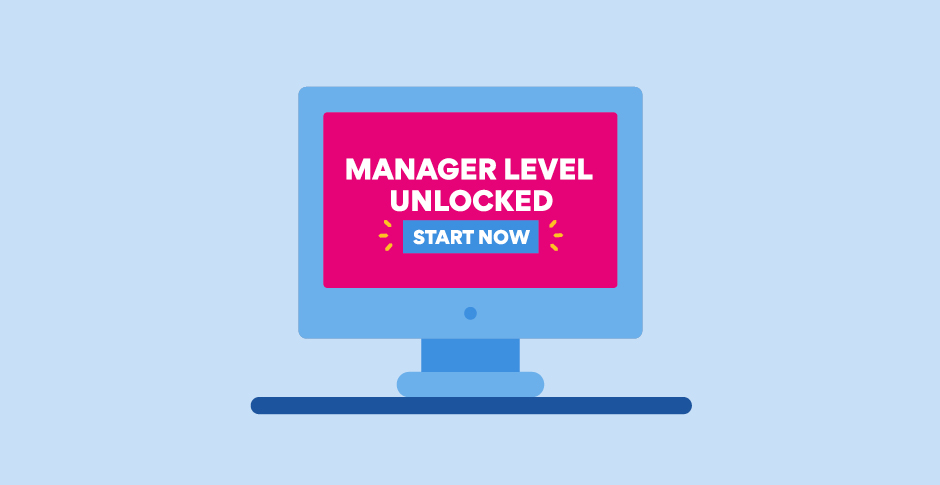Forty hours a week isn't much time to accomplish your never ending to-do list; meaning that overtime becomes a reality for most at some point in our careers.
Short-term overtime can be a necessity – particularly when an unplanned increase in workload or a workplace crisis arises and your team needs to knuckle down to get the job done. However, when overtime becomes more of a long-term expectation, or if putting in extra hours isn’t helping you whittle down your to-do list or moving you in the direction of that raise or promotion, it may be time to re-evaluate the situation.
The key is to use overtime strategically, and not make it the norm that you'll always work late.
Evaluate your current situation
Consider how often you are being asked to work overtime, as well as how much overtime you are taking upon yourself. Take into account early starts, late finishes, missed lunch breaks, and work taken home, and ask yourself if you feel the extra time you are working is reasonable.
If you’re new to a role or particular task, you may want to take some extra time to familiarise yourself and take the pressure off. If you know there are certain times of year when your to-do list is particularly heavy, overtime may be an anticipated and accepted part of the workload ebb and flow.
If, however, you’re consistently taking on extra work and working extra hours just to stay on top of things, it may be time to make some changes.
If, however, you're consistently taking on extra work and working extra hours just to stay on top of things, it may be time to make some changes.
Overtime pitfalls
Working reasonably required overtime can be a great way to demonstrate to your boss that you’re willing to rise to the challenges of your role and go above and beyond to do a great job. However, when overtime becomes an expectation rather than an exception to your typical working week, it can actually prove detrimental to your productivity, and lead you further away from that promotion.
- Long-term overtime can negatively impact your work life balance, which can lead to feelings of resentment, increased stress, burnout, decreased productivity and even illness.
- If you’re working late every night to complete your tasks, your boss may question your ability to manage your time effectively, and your productivity throughout the day.
- If you accept an increased workload as simply being ‘part of the job’ and receive no compensation for it, what message are you sending your boss when it comes time to renegotiate your salary? Will they be happy to pay you fairly for work you seem willing to do for free?
Strategic overtime
When you use overtime strategically, it can be a great tool in proving your value as an employee and showing your boss you’re a team player. If you feel your current overtime situation may be detrimental to your productivity and your career, discuss your workload with your employer.
- Outline the number of hours you are putting in to complete your current workload, because it may well be that your boss isn’t aware of just how many extra hours you’re taking on.
- Explain that you place high importance on producing results to a high standard, and suggest changes that could help you reduce your overtime hours, such as delegating minor tasks to other team members, or streamlining current processes to increase productivity.
- Emphasise that you are dedicated to achieving success in your role, and are more than happy to work necessary overtime when required, and be prepared to follow through on your promises when the need does arise.
Your boss will not only respect you for knowing your value in the workplace and coming to them with potential solutions, but they’ll appreciate the overtime hours you do put in all the more.



